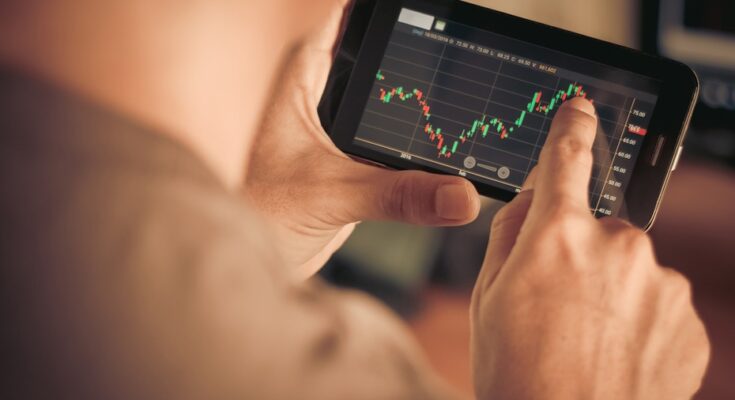Are you looking to start trading on the Indian stock market? If so, you’ll need a demat account and a trading app. But with so many options available, how do you know which one is right for you? In this blog post, we explore what a demat account is and why it’s so crucial. The article also discusses what factors you need to consider in order to choose the right demat account and trading app for your trading needs. We also provide an overview of some of the most effective online demat account and trading apps in India. By the end of this article, you will have all the information needed to make an informed decision about which online demat account and the best trading app in India is most suitable for your needs. So let’s get started!
What Is a Demat Account and Why Do You Need One?
What is a Demat Account?
A demat account, also known as a dematerialized account, is an electronic facility that enables investors to store their shares and other securities in digital format. This type of account is available with depository participants such as banks and brokerages. It acts like a bank account where stocks and mutual funds can be bought or sold electronically without the need for physical certificates. The holder of the demat account holds beneficial ownership of all the securities held in it.
Types of Demat Accounts
There are two types of demat accounts – normal (or standard) and basic services demat accounts (BSDA). Normal or standard demat accounts provide full access to all trading platforms and services offered by brokers, while BSDA offers limited access to these services at lower costs.
Benefits of Having a Demat Account
Demat accounts offer several advantages over traditional paper-based share transactions:
- Ease of Handling – Buying and selling shares through a demat account is simpler than dealing with physical share certificates since there is no paperwork involved.
- Faster Settlement – Trades are settled more quickly through electronic transfer compared to physical certificate transfers;
- Lower Costs – Brokerage fees for trades executed through a demat account tend to be lower;
- Instant Transferability – Shares can be transferred instantly from one investor’s demat account to another’s;
- Reduced Risks – There is no risk associated with lost or damaged certificates when using a demat account as everything is stored electronically; and
- Increased Security – Transactions made through a secure online platform are much safer than those conducted manually on paper certificates.




